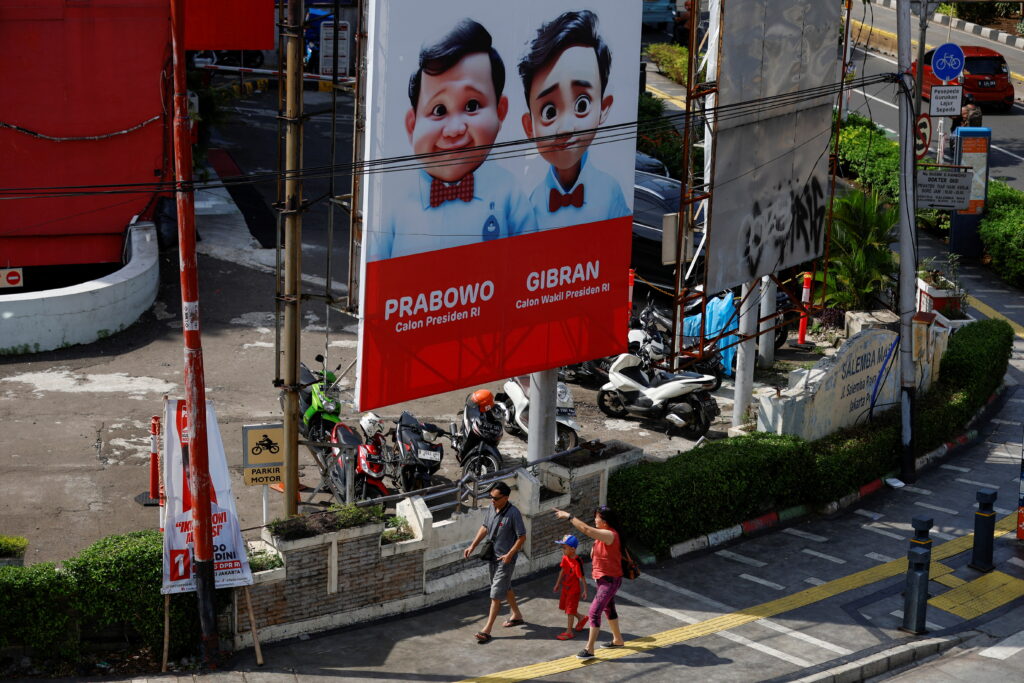Listen to the article
As social media usage surges across Southeast Asia, with over 64 percent of the region’s population actively engaged on various platforms, political parties of all sizes are increasingly leveraging these digital channels to build their public profiles and attract voters. However, this digital shift in political campaigning has unleashed serious challenges that threaten electoral integrity throughout the region.
While social media has enhanced political communication and enabled citizen-led campaigning, it has also become a breeding ground for disinformation—the deliberate spread of false information. This problem is particularly acute during short election campaigns when fact-checking becomes extremely difficult.
The scope of the problem is global. Freedom House documented electoral disruption in 24 countries in 2020, while the Oxford Internet Institute found evidence of state-sponsored online harassment of activists and opposition figures in 47 out of 70 countries surveyed in 2019. The Cambridge Analytica scandal highlighted how improperly obtained personal data can be weaponized for political micro-targeting, a practice made more potent through artificial bot campaigns.
In Southeast Asia, social media manipulation has evolved into a sophisticated industry. Public relations and digital consultancy firms openly offer campaign manipulation services to political clients willing to pay. These operations deploy “buzzers”—a combination of bots, celebrity influencers, cyber-troopers, and trolls—to generate positive attention for candidates while undermining opponents through historical revisionism, hate speech, personal attacks, memes, and fake accounts.
Recent elections across the region illustrate these tactics in action. During Malaysia’s 2018 general election, thousands of bots flooded Twitter with anti-opposition messages. Indonesia’s 2019 election saw both Joko Widodo and Prabowo Subianto employ teams of “buzzers” to spread disinformation about their opponents.
The Philippines has witnessed particularly aggressive digital campaigns. Former president Rodrigo Duterte’s 2016 campaign featured organized disinformation operations to ridicule opposition candidates. During the 2022 presidential election, falsehoods spread through livestreams proved nearly impossible to fact-check in real time. Political campaigns also recruited influencers with small but loyal follower bases to subtly insert political content into otherwise non-political social media posts.
The rise of artificial intelligence has further complicated the landscape. AI tools now enable anyone to create convincing deepfakes—realistic but fabricated images and videos. Indonesia’s 2024 presidential election saw the Prabowo campaign deploy AI to generate softened images of the candidate, effectively rebranding the former general despite his controversial human rights record. These AI-generated images appeared on billboards, merchandise, and social media, with related TikTok posts receiving an astonishing 19 billion views.
The campaign even created PrabowoGibran.ai, an AI image platform allowing voters to insert themselves into photos with the candidate, while 15,000 online volunteers monitored sentiment and engaged with potential supporters.
The combination of AI-powered disinformation, bots, and encrypted messaging platforms creates unprecedented challenges for election integrity. Governments and platforms often lack the capacity to fact-check rapidly enough during brief campaign periods, while encrypted messages containing falsehoods spread virally beyond oversight.
Southeast Asian governments have responded by implementing legislation addressing data protection, user privacy, and content moderation. Some countries have established frameworks specifically limiting AI-generated political content. In the Philippines, deepfakes are prohibited, while AI-generated content must be clearly disclosed. Thailand’s Computer-Related Crime Act empowers authorities to penalize those spreading false information.
However, vaguely worded laws can become tools for suppressing legitimate opposition. In Thailand, opposition politician Thanathorn Juangroongruangkit faced indictment under lèse-majesté and computer crime laws after criticizing the government’s COVID-19 vaccine program on Facebook Live. Singapore’s Protection from Online Falsehoods and Manipulation Act has been used against journalists and opposition members, ostensibly to correct negative coverage.
Social media platforms have their own content moderation policies, but these vary widely and change frequently. Western-based platforms often lack infrastructure to monitor harmful content in Southeast Asia’s diverse languages. TikTok, for instance, only hired Burmese-language moderators after Myanmar’s military was found sponsoring hate speech on the platform.
Given these complexities, experts argue that a multi-stakeholder approach represents the best path forward. Governments and electoral management bodies must engage with technology companies to develop codes of conduct based on international standards. Meta, despite scaling back fact-checking partnerships in the United States, maintains government-approved systems in Taiwan and the Philippines. ASEAN has also initiated stakeholder engagement to combat disinformation through digital literacy programs.
Strong transnational linkages are essential to avoid duplicating fact-checking efforts and to develop consistent standards across countries and platforms. Only through internationally collaborative efforts, enhanced ICT capacities, and improved media literacy can electoral integrity be preserved in this new era of digital political campaigning.
Fact Checker
Verify the accuracy of this article using The Disinformation Commission analysis and real-time sources.



